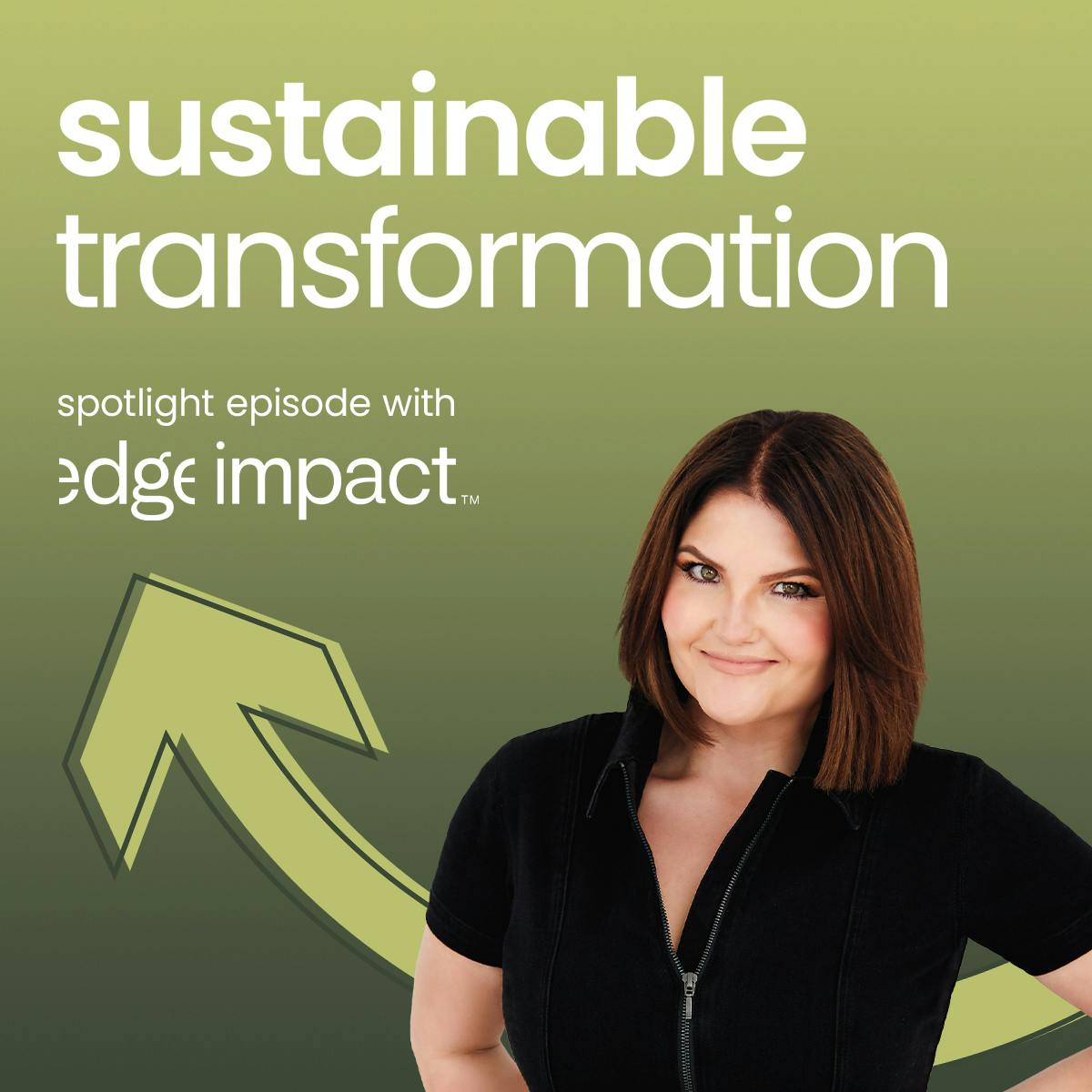
Piecing together the supply chain puzzle for sustainability managers
In today's business landscape, the focus on supply chains as both a source of ESG (Environmental, Social, and Governance) risk and an avenue for positive impact has never been more pronounced.
Effective supply chain management and supplier engagement are crucial for organisations committed to meaningful ESG risk management.
What is Supplier Engagement?
Supplier engagement involves ongoing interaction, collaboration, and communication between a company and its suppliers. It aims to build strong relationships, ensure smooth operations, improve performance, and align with business goals.
The Importance of Supplier Engagement
Now is the opportune moment to prioritise supplier engagement, given the increasing demand for transparency and ethical sourcing practices from consumers and the emergence of legislation worldwide mandating supply chain risk disclosure and due diligence.
Examples include:
- Australia Modern Slavery Legislation: Requires organisations to understand risks within their supply chain.
- EU's Carbon Border Adjustment Mechanism (CBAM): Businesses must declare emissions of imported products.
- EU Green Deal: Moving towards adopting Corporate Sustainability Due Diligence Directive, requiring companies to eliminate human rights and environmental violations from their supply chain.
Prefer to listen instead?
We've partnered with Sustainability Tracker to deliver weekly bite-sized updates and expert insights on vital sustainability topics.
The podcast and Spotlight episodes are hosted by Kiarne Treacy, CEO of Sustainability Tracker and one of Australia’s leading expert voices in helping make sustainability simpler for businesses and consumers.

Who Should Engage with Suppliers?
- Sustainability Managers, Governance and Risk, Procurement Managers, Contract and Project Managers, and anyone involved in purchasing decisions.
- Organisation that meet reporting thresholds for ISSB, Modern Slavery, or other disclosure legislation.
- Organisation that have made commitments to ESG goals or targets that touch on procurement or supply chain – which can include material topics such as Social responsibility: indigenous, disability, gender or Environmental impact: Circular Economy, Carbon, Nature and Governance: fair & equal opportunity, disclosure & transparency, ethical practices, risk management.
- Tier 2, or large organisations who may not need to report on their supply chain yet but will need to start preparing to answer questions from their clients (who do have to report).
- Small to medium-sized organisations. Like above, these mandates and requirements will trickle down and it is best to be prepared to respond.
For example, a sole trader reached out recently as he was asked to sign a declaration on modern slavery – which was the first he had ever heard of the term.
Why do we engage with suppliers?
- To signal organisational commitment and intent on sustainability goals, and set expectations on ESG performance.
- To create trust and begin to encourage transparency throughout the supply chain.
- Find opportunities to partner, collaborate on shared risk, and support those suppliers who are less resourced or in need of upskilling.
- To encourage, support and enable innovation (through procurement mechanisms and funding).
- To improve our data – specifically for scope 3 emissions footprints.
What do you need to communicate to suppliers?
- Your sustainability intent, purpose and objectives, goals and targets.
- Your sustainability policies and supplier code of conduct.
- Specific requirements for procurement (criteria, KPIs, specifications).
- Negotiated contract clauses and how you will measure and performance measure on sustainability metrics.
- Data requirements.
In order to manage sustainability opportunities and risks throughout the supply chain, organisations may need to engage suppliers in initiatives that go beyond normal practice or minimum requirements.
This could include: supplier development plans, capacity building programs or supplier relationship management initiatives.

How should you communicate with your suppliers?
- In advance! Upfront, ahead of time so that suppliers have a chance to consider and respond.
- Be complete and provide all relevant information, include context, background and expected format and timeframes if asking for information.
- Be clear, understandable and accessible.
Australia Post created a portal where they clearly communicate with suppliers their supply chain expectations and their commitment with the United Nations Sustainable Development Goals:
- Their principles and expectations of suppliers.
- Their supplier code of conduct.
- Packaging requirements.
- Partnership opportunities for social enterprises and indigenous business (Supplier diversity initiatives).
- Watch: A day in the life of Lucas - This video supports Australia Post’s white paper “Unlocking the value of social procurement: Leading practice insights” and forms part of their commitment to advancing the UN Sustainable Development Goals.
Stay Ahead of Compliance Requirements. We'll help your organisation navigate evolving legislation and ensure your supply chain meets modern slavery, carbon disclosure, and other regulatory mandates. Contact us today.
What you can start doing now
Supplier engagement and capacity building
- Establish a baseline of supplier’s maturity e.g. capturing carbon data and understanding of carbon reduction of modern slavery practices.
- Create a supplier engagement and education plan which identifies key stakeholders within the supply chain and their level and type of engagement. Prioritise suppliers for engagement based on their risk and impact and your ability to leverage and influence.
- Implement a supplier capacity building program to support suppliers and uplift the supply chain with consistent information. This may be in the form of online training, data capture templates, policy template or educational material that can be shared with the supply chain.
- Create a supplier working group to inform all of the above.
- Revise supplier onboarding process to include education on data capture expectations especially on carbon reduction.
Improved data collection
For better quantifying emissions and waste or social metrics going forward.
- Establish a set of metrics and key performance indicators for examples on carbon data, modern slavery, social impact capture that can be used consistently within procurement documentation and communicated to suppliers.
- Integrate into existing and new contracts performance management milestones and proactively review the supplier’s performance against requirements for data capture.
- Investigate online supplier engagement and data capture platforms for ease of implementation, communication, storage of data and annual updates.
Streamline Procurement Processes with Edge Impact: Let us help you develop efficient procurement mechanisms that align with your sustainability goals and drive meaningful change. Contact us today.
How we can help your organisation
As experts in the full spectrum of sustainability topics, we are here to guide you through the complexity. Our team includes specialists from across the globe; from strategists to economists, engineers to creatives. Since 2008, we have been helping businesses, organisations, industries and societies make transformation happen.
Our areas of expertise are focussed around the following areas:
Leadership and Transformation
ESG and Strategy
Circular Economy and Lifecycle Thinking
Procurement and Supply Chain
Built Environment
Nature and Biodiversity
Brand, Communications and Creative
Contact us today to get started.





